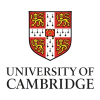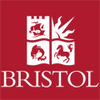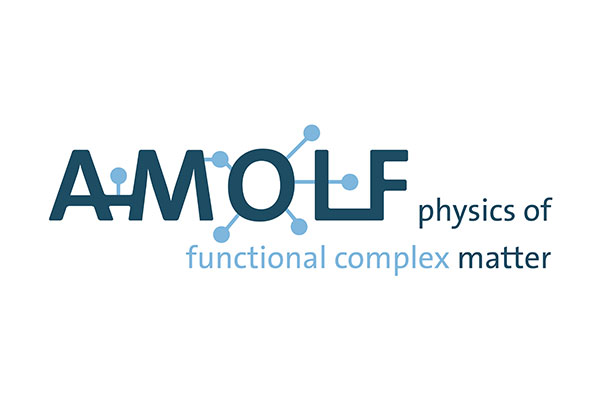Snabbfakta
-
- Cambridge
Ansök senast: 2024-12-27
Research Associate (Fixed Term)
We are inviting applications for a Postdoctoral Scientist (Research Associate) to join the Röper lab at the Department of Physiology, Development and Neuroscience at the University of Cambridge. We investigate the mechanisms and mechanics of organ formation during development, by studying two complementary model systems of tube morphogenesis, the formation of the salivary glands in the Drosophila embryo and the formation of the nephron tube in human renal organoids in culture. We are looking for a skilled and enthusiastic individual with expertise in cellular and developmental biology and a keen interest in understanding how complex tissues emerge during development.
You will lead a project investigating the early stages of nephron morphogenesis in human organoids derived from induced pluripotent stem cells. Nephrons are formed prenatally and nephron number and health is a key indicator of future kidney health. Understanding nephron development will allow a better understanding of developmental malformations and tailoring of tissue repair processes. You will address the role of cell-cell and cell-matrix adhesion in the early morphogenesis of the nephron tube. We want to understand how tissue cohesion is a key part of early cell polarisation and tube expansion in the nephron, using a combination of advanced imaging, genetics and genomics approaches. You will lead this work as part of a team of researchers that tackle related questions across our two models.
Candidates should have a PhD in a Cell Biology, Developmental Biology or Biochemistry-related subject. You should ideally have experience of iPSC and organoid culture, CRISPR-based approaches to modulate gene function, analysis of scRNAseq data, immunofluorescence labelling, and confocal imaging and quantitative image analysis.
The Department of Physiology, Development and Neuroscience is a large interactive department with a vibrant research community including labs using a variety of model organism and organoid models. Scientists are drawn to the Department from all over the world, creating a lively and international community for the exchange of ideas and approaches.
Informal enquiries about the position can be made to Prof. Katja Röper ().








